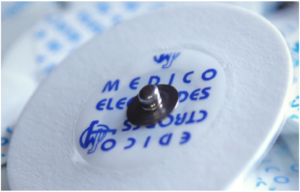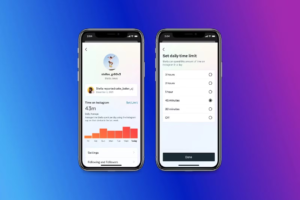
The nasal septum is a cartilage that separates the nostrils. The nasal septum is a very important structure for breathing. The nasal septum cartilage may be affected by injury or disease, such as nasal polyps, fibrosis, or Los Gatos deviated septum (a crooked nose).
Here you will learn what a deviated septum is, its causes, and the best treatment option;
What is deviated septum?
A deviated septum is an abnormal deviation of the septum from its normal position. This can be a result of injury, infection, or cancer. The deviated septum may cause breathing problems, especially during sleep.
The symptoms of a deviated septum include:
- Difficulty breathing through your nose (upper airway obstruction)
- Coughing or wheezing
- Headache
- Tiredness
Risk factors for a deviated septum
Nose injury
The most common cause of deviated septum is nose injury. The trauma can be caused by many things, such as sports or falls from a high place, but also by a blow or a fall from a low height. In addition to nasal trauma, other reasons for nasal deviation can cause breathing problems, rhinitis, and sinusitis.
A condition present at birth
If a baby is born with a deviated septum, it will be present at birth. The condition will not improve with age, and the child may need surgery to correct the problem.
Signs that you should look for a specialist
Blocked nostril
A blocked nostril is usually the first sign of a deviated septum, but it doesn’t always mean surgery is necessary. When you have a blocked nostril, it is essential to see your doctor for an examination and perhaps some tests to find out if you need a procedure.
Frequent nosebleeds
The most significant sign that you need a deviated septum specialist is frequent nosebleeds, which can be caused by various factors. The most common reason for frequent nosebleeds is a deviated septum. If your nose continuously bleeds, it could mean that your nasal passage is blocked or distorted and needs to be corrected by a professional.
Snoring
Snoring is another common sign that you may need a deviated septum specialist. If you snore loudly, it’s likely due to a deviated septum, which can cause your nose to be blocked and prevent you from breathing properly during sleep.
What is the best treatment for a deviated septum?
The best treatment for a deviated septum is to repair it with surgery. This can be done through incision, septal perforation, or the minimally invasive endoscopic approach.
Incision and septal perforation is an open procedure where a portion of the cartilage is removed, and the cartilage is then replaced with metal stents. The stents are usually placed in a circular pattern around the opening.
The minimally invasive approach uses an endoscope to guide a small cutting instrument into the nose and septal cartilage to repair it without opening up any tissue. In addition, this minimally invasive approach allows for early postoperative rehabilitation with less risk of
If you are experiencing any breathing problems or nose problems from a deviated septum, seek medical attention from Silicon Valley ENT & Sinus Center today.






